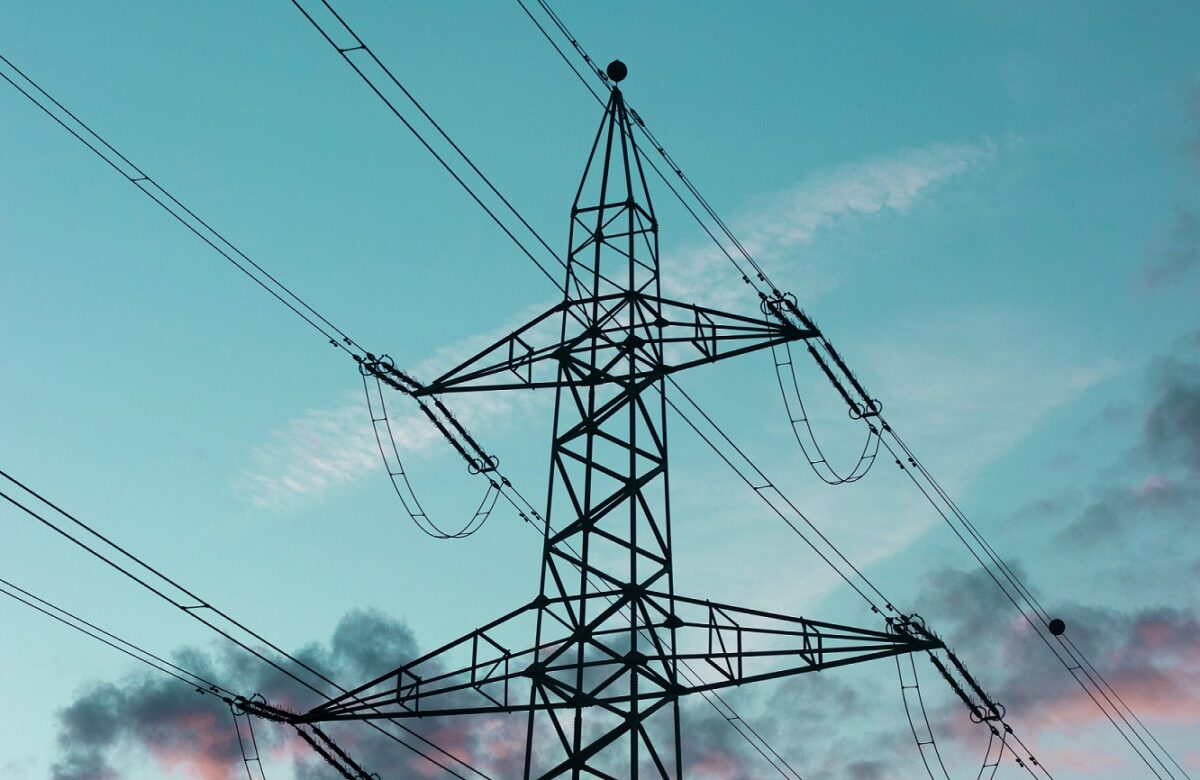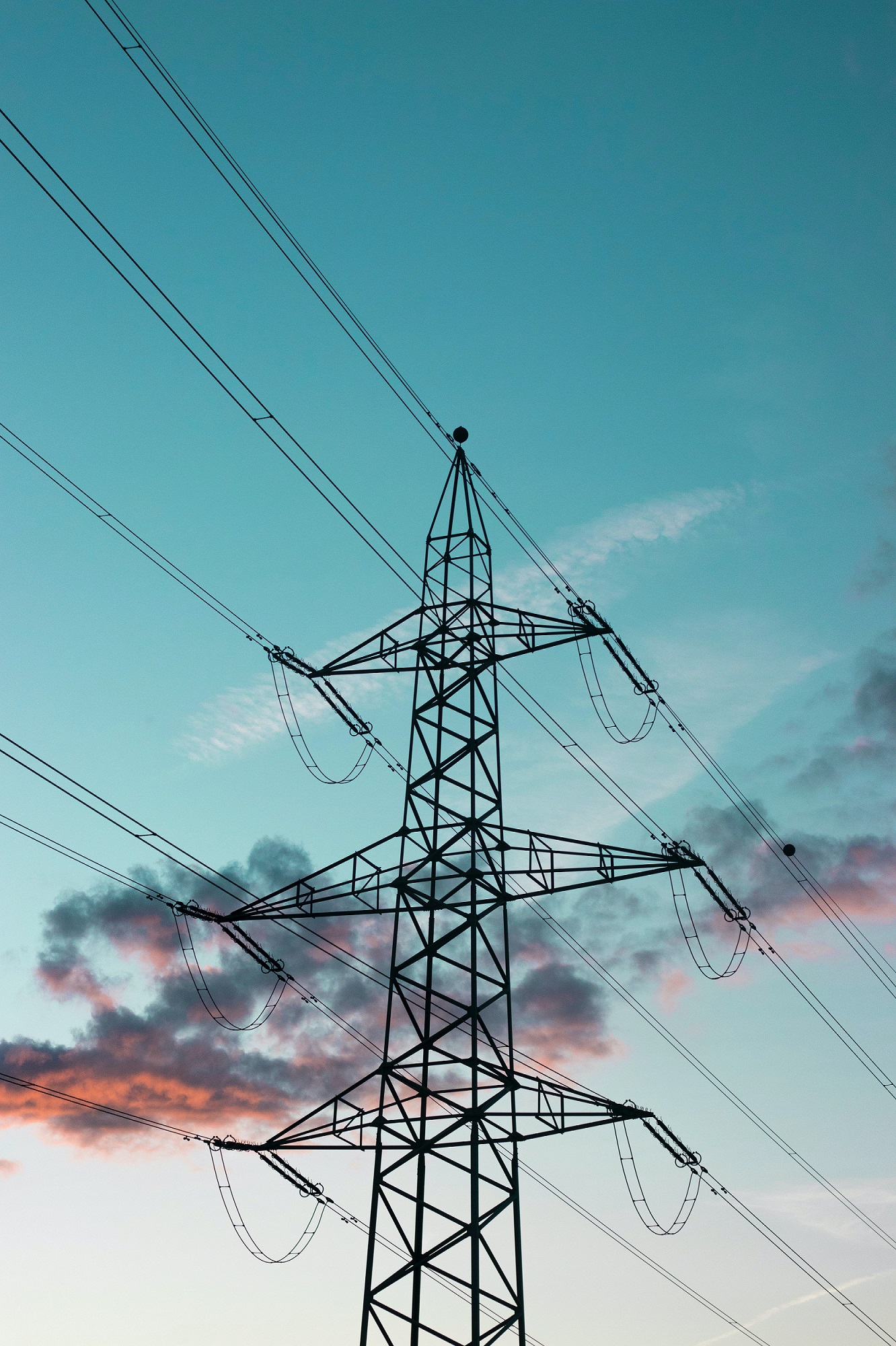Are mini grids a solution to energy poverty? A case of mini-grids in Kenya.
- Version
- Download 0
- File Size 4.00 KB
- File Count 1
- Create Date January 28, 2025
- Last Updated January 28, 2025
Are mini grids a solution to energy poverty? A case of mini-grids in Kenya.
ABSTRACT PAPER
Are mini grids a solution to energy poverty? A case of mini-grids in Kenya.
Authors:
- Abigael Okoko
- Elsie Onsongo
- Beryl Onjala
- Rosebella Nyumba
- Mourice Kausya
Energy poverty is the lack of access to sustainable modern energy. Access to adequate, affordable, reliable, safe, and environmentally sound energy to support development is not equally distributed across the globe. Inadequate energy supply limits economic development of underserved and unserved communities. By virtue of its versatility, electricity is critical to the socio-economic development of a country. Globally, it is estimated that 13% of the total population do not have access to electricity, mainly in Africa and South Asia. In sub-Saharan Africa, it is estimated that 57% of the population live without electricity. In developing countries, energy poverty is attributed to low levels of electrification due to economic constraints more so for the rural households accompanied by institutional challenges of the service providers. In Kenya, 75% of the total population has been electrified and the demand for electricity continues to rise.
In a bid to improve access to electricity in underserved and unserved areas by the main grid in Kenya, interventions such as development of off-grid and mini-grids systems by private developers and government agencies have been embraced. However, questions around their economic sustainability and consequently their ability to bridge the gap remains a puzzle. Currently, studies evaluating the economic sustainability of mini-grids across different geographical contexts in Kenya are scarce. Little or no attention has been given to the consumers’ ability to sustain the cost of electricity from these systems.
Therefore, the aim of our study was to interrogate the sustainability of mini grids in Kenya with a focus on their economic sustainability. We collect data using semi-structured interviews with households in 15 mini-grids across different geographical contexts in Kenya. We analyse energy use both for household and productive users, willingness to connect and willingness to pay for electricity, payment platforms and ease of access and use of these platforms, affordability, cost of electricity including that of connection, and interrogate the reliability of the electricity.
Preliminary findings indicate that presence of the electricity from off grid/mini grids does not guarantee optimum consumption which is complicated by the cost of the electricity. This has often led to energy stacking or seeking alternative options in a bid to balance access to energy and the cost of electricity for the households despite their limitations. We aim to present an evidence-based analysis of mini-grids in Kenya that will contribute to the development of policy frameworks focused on governing mini-grids and help us achieve access to sustainable energy for all.
Details
- This abstract was submitted to the DSA 2022 online conference organized and hosted by University College London, to be held on 6-8 July 2022.
- Conference theme: Just sustainable futures in an urbanising and mobile world
- Panel: Understanding the Lived Experience of Energy Poverty in The Global North and South



